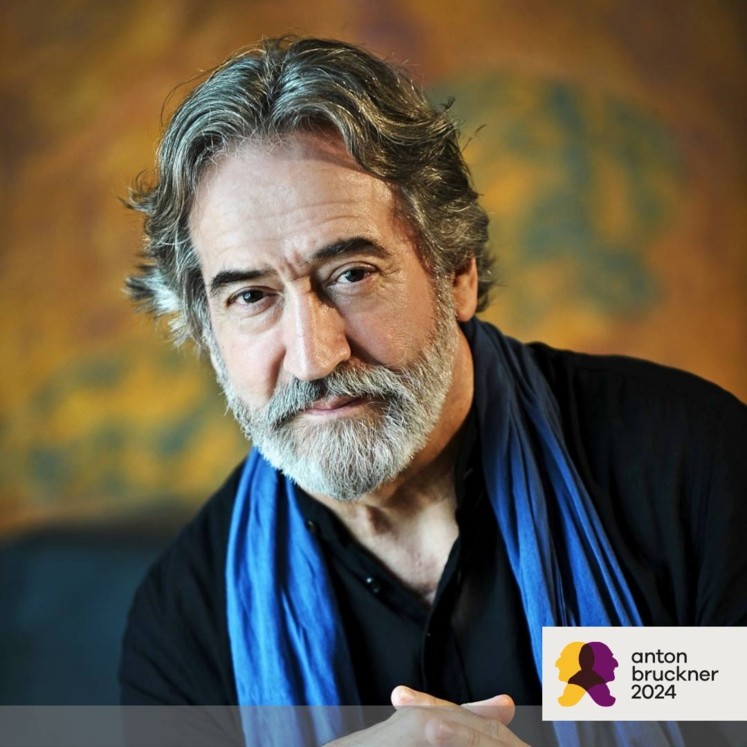
Program booklet for the event
Bruckner's Symphonies in the Original Sound
Experimenting
In January 1869, shortly after his appointment as professor of harmony and counterpoint at the Conservatory of the Gesellschaft der Musikfreunde in Vienna, Anton Bruckner began work on a symphony in D minor, which he counted in the autograph as "No 2", which is why its outdated designation as the "zeroth" is not only misleading but simply wrong. Presumably because of critical reactions - the conductor Felix Otto Dessoff is said to have asked with regard to the beginning: "Yes, where is the theme?" - Bruckner withdrew the symphony, probably in 1873, but only noted the "annulirt" in the score in 1895, which gave it the nickname "Annulierte". Long since recognised as a fully valid Bruckner symphony, today the work's distinctly experimental features are coming into focus.
Bruckner's "Annulled" is by no means the only symphony that was set aside by its author. Franz Schubert did the same with his Symphony No. 7 in B minor, the famous "Unfinished", whose composition he interrupted in 1822 for an unknown reason at the beginning of the third movement, and Robert Schumann with his Symphony in G minor, named "Zwickauer" after the place of the premiere of its first movement, of which only the first two movements were completed in 1832 and 1833.
The three symphonic children 'cast out' by their compositional fathers are taken up by Le Concert des Nations, unquestionably one of the best original sound orchestras in the world, the majority of whose members come from Romance and Latin American countries, and its founder Jordi Savall, who last performed in the Brucknerhaus Linz more than a quarter of a century ago.
Franz Schubert (1797–1828)
Symphony No. 7 ("Unfinished") in B minor, D 759 (1822)
Robert Schumann (1810–1856)
Symphony ("Zwickauer") in G minor, WoO 29 (1832-33)
– Intermission –
Anton Bruckner (1824–1896)
Symphony ("Annulled") in D minor, WAB 100 (1869)
Le Concert des Nations
Jordi Savall | Dirigent